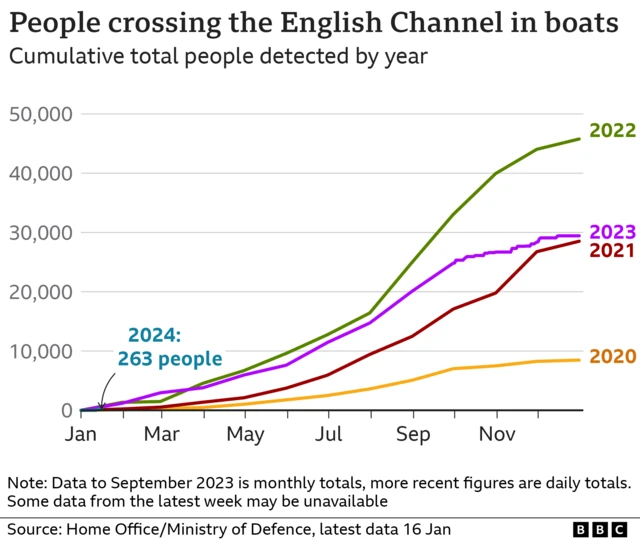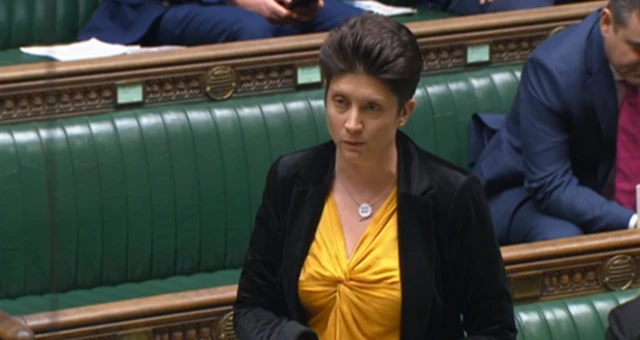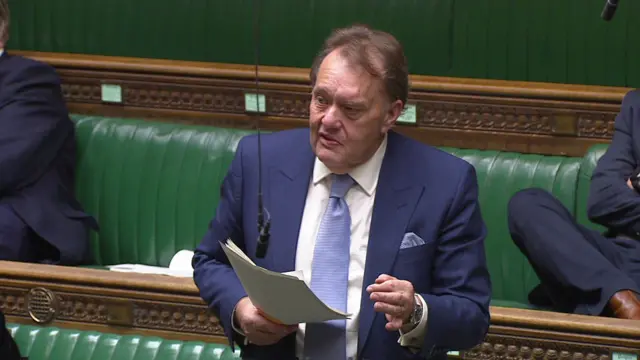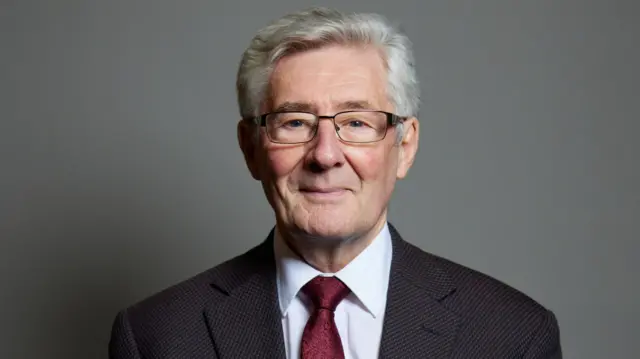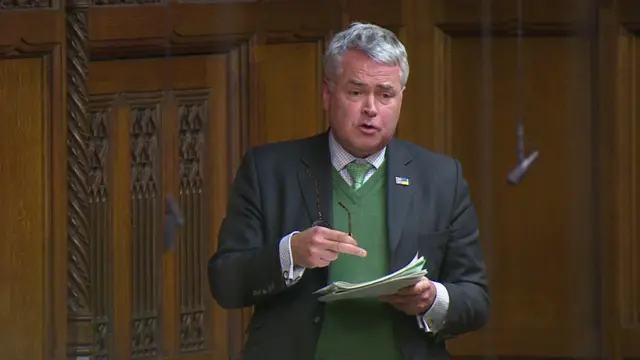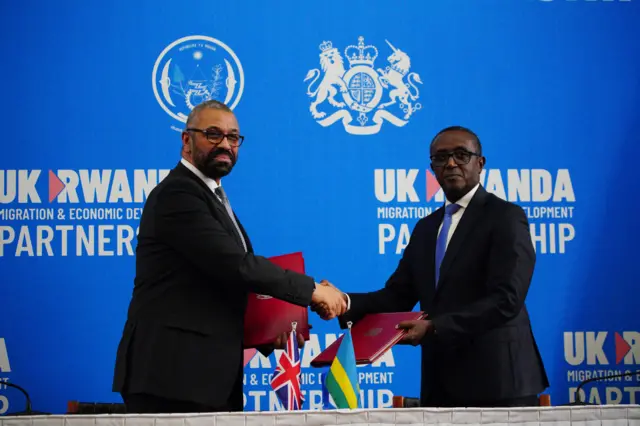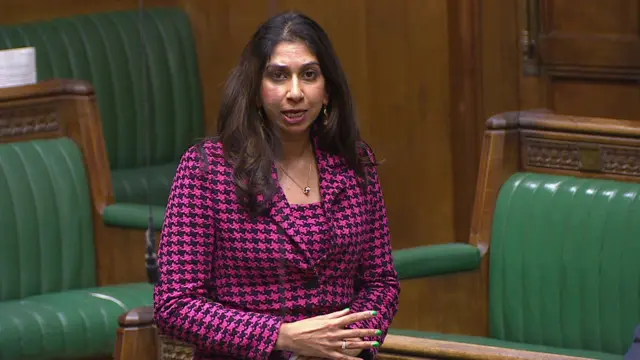How a death row legal row links to the Rwanda debatepublished at 18:35 GMT 17 January 2024
 Dominic Casciani
Dominic Casciani
Home and legal correspondent
The story of how Strasbourg might stop a Rwanda flight begins, believe it or not, in 2001 with death row in Arizona.
That year the United Nation’s International Court of Justice ruled that the USA had illegally executed two German-born bank robbers before Berlin had had a chance to exercise its right to advise its citizens of their rights.
The European Court of Human Rights and other international bodies later agreed that the ICJ's thoughts on such interim and emergency measures applied to their work too. It concluded these injunctions - known as Rule 39 in Strasbourg - were vital to ensuring both parties get a fair chance to put their case - the heart of justice itself.
When the Strasbourg court stopped June 2022’s Rwanda flight, London complained it had been given no reasons by the anonymous on-duty judge who took the call.
Since then, the court has said named judges will explain their decisions -- and only intervene if there is an imminent risk of irreparable harm.
The stakes in such cases could not be higher.
Last year French judges were furious when President Macron’s government ignored a Rule 39 order from the ECHR and sent a terrorism suspect to Uzbekistan. They’ve demanded the man be brought back, external.
The risk for Rishi Sunak is that our judges could do the same over Rwanda.

